Winter time is always a time for me to ponder on those who have passed. Their missing faces from the celebration table hit pretty hard at this time of year. I don’t mean to be maudlin but it’s a reality we will all encounter at some point. It got me thinking. As this is the darkest time of the year, what those who came before us thought of at this time of year? What were the beliefs of the folks who saw fairies and ancestors as ever-present. Is it animism? Is it fairy faith? This is a thought piece rather than a well-defined article. Treat it like I’m thinking out loud as I type rather than a clearly defined argument.
Animism defined
Edward Taylor, a Victorian anthropologist, defines animism as the “belief in spirits”. Fair enough, these spirits they refer to are those of animals, stones, plants, trees, rivers, sky, sea and land but also of many other things. If you’re an animist pretty much everything has a spirit. We also have spirits who are considered our departed dead and our ancestors and those who lie in the land as what some folks might call the mighty dead. We can see how the Scottish were very aware of spirit in everything. Every mountain, stream, land mass on a map of Scotland is associated with a mythological story or a character.
As Anne Ross observed [1] , “god-types, as opposed to individual universal deities, are to be looked for as an important feature of the religion of the Gauls … and the evidence of epigraphy (the study of writings and marks ) strongly supports this conclusion.” I think Anne Ross was meaning rather than a separate “god like figure” who stood as an individual entity, the deity in question would represent the actual elemental phenomena such as Taranis, wasn’t the god of thunder and lightning he actually was thunder and lightning, the deity of the hunt wasn’t apart from the hunt, they are the hunt itself. So by calling on these “deities” you’re calling on the thing they represent rather than an actual figure, if that makes sense? This also goes some way to explain why there are so many different Celtic god, goddess and tutelary “god” names. Each would have been a spirit of a family, clan, place, lineage etc and wouldn’t have come from a single source as they were all relative to the land and family that formed community who held these spirits as important enough to honour.
Whats different is when we are calling on our own ancestors who may appear to be like the incarnate spirit of the hunt but are in fact our own dead and a figure folk practitioners could converse with rather than embody. So I guess on one hand you could be calling on the spirit of something like lightning, or wind and on the other you are calling on a mythic ancestor who is a spirit of a person who might be associated with that. Both of this would fall under animism but whats important to remember is that you ain’t calling on a deity “out there” you are calling on the dead or the spirits of your own ancestral line. I’ll explain a little behind my thinking.
Ancestors and fairy faith in Scottish Folk Practices
It’s not hard from this point of view to suggest that early Celtic people were animists. The sidhe could easily represent the land spirits and perhaps also their own dead but also the spirits of plants or forests or groves and things that sit in the otherworld. What we today might think of as Deities were more aligned, in more humble opinion, with the idea of our dead ancestors, or to use a modern phrase the “Mighty Dead”. These mythological figures in the stories moved to the sidhe/mounds after the coming of the Milesians, the modern-day folk of Ireland and Scotland. It was said that the Milesians should honour them with offerings of crops and milk least they cause issue in the material realm. Here is a very convincing argument, when looked at with the other evidence that the Deities we have come to understand them as today were considered ancestors, rather than gods, as similar offerings are left out for the spirits of the land and on ancestor altars where this diaspora exist today.
The clans
Something else that supports this idea is how typically in Scotland and in Ireland folk trace their family tree back to those in the great stories and myths. I’ll use my own family tree as a bit of background to his so please excuse me. For instance I can trace the matrilineal line of my grandmother on my Mums side back to the Mccracken Clan. It’s complicated how the name Mccracken came from Nachten and thats another post entirely but bear with me, but according to the tradition passed from generation to generation by the “seannachies”, the oral historians, the family is named for Nachten, Lord of Moray, a district in the northeast of Scotland. Nachten supposedly lived in the 9th century and related to one of the Pictish rulers, later becoming part of the Dal Raida area. In the course of time a number of his descendants moved southwest across Scotland and settled in Argyll who later became the Mccracken’s. What is important to note here is that Nachten is supposedly related, to the mythological figure Nechtan from the Irish folk tales and mythological cycles.
This can be seen when we unpick the terms. The Gaelic word for “son” is “mac” and that for “children” is “clann” The descendants of Nachten were called by their neighbors, the Campbells, MacDougalls, and others the “Children of the Son of Nachten”, in Gaelic “Cloinne MacNachtain”, “Clan MacNachtan”. So when we say we are of Clan Mccraken what we are really saying is that I am a child of Nachten, powerful stuff and immediately brings to bear your lineage and ancestral line. This demonstrates a direct link to me, in this present day, to this figure (even though the information in the middle of my family tree is no where near certain at all). The same is for most Scottish Clan members, they are all children of or the son or daughter of someone who might have a rather mythic background. If I pay homage to Nachten I’m not worshipping some foreign power or deity as we currently understand it, I would be paying homage to my ancestor and all those who have come from him to me.
The Charms
More evidence is found when we look at this in the light of Scottish charms formulation such as found in the Merseburg Charm, if we view this in the light of animism and ancestral relations it suddenly makes more sense. For instance if you want to heal a broken bone the charm starts with:
“Bride went forth
In the early morn
And found the horses’ legs
Broken across.
She put bone to bone.
Sinew to sinew,
Flesh to flesh.
And skin to skin ;
And as She healed that,
May I heal this.” [2]
In each of the formulations folk practitioners are calling on the power of their past and their collective ancestral spirits and connections rather than some idea of a disembodied deity or christian god who isn’t related by blood. They are then emulating their ancestors actions to effect a cure. Its a subtle difference but I think an important one
So what does this all mean?
It highlights the argument that Ancestors are as important to the folk
practitioner as, to what some folk might refer to as deities and should be a very important part of any practice if not the main focus. Does this mean that my tutelary spirit is Nechtan or that my blood line is blessed with his virtue? I have no idea. It raises questions for those who aren’t related by blood to the ancestors that they call on, for instance how can someone call on the Morrigan if they don’t have Celtic/European blood in them as they aren’t their ancestor? If they did would this be akin to necromancy? Is it all necromantic practice? Where does this sit within pantheism and polytheism? What does the mean if you are away from the land of your ancestors? Could this mean that the Sidhe are representative of the otherworld spirits, the dead and what we call deity, a collective description if you will?
For some more up to date and in depth writing see the posts about the scottish dead and fairy faith.
References:
[1] Anne Ross, “Chain Symbolism in Pagan Celtic Religion” Speculum 34.1 (January 1959:39–59) p. 39
[2] Macbain, continued serialization of the article in Highland Society IV (1892-3), p.431 and Transactions 18 (1891-2), p.181
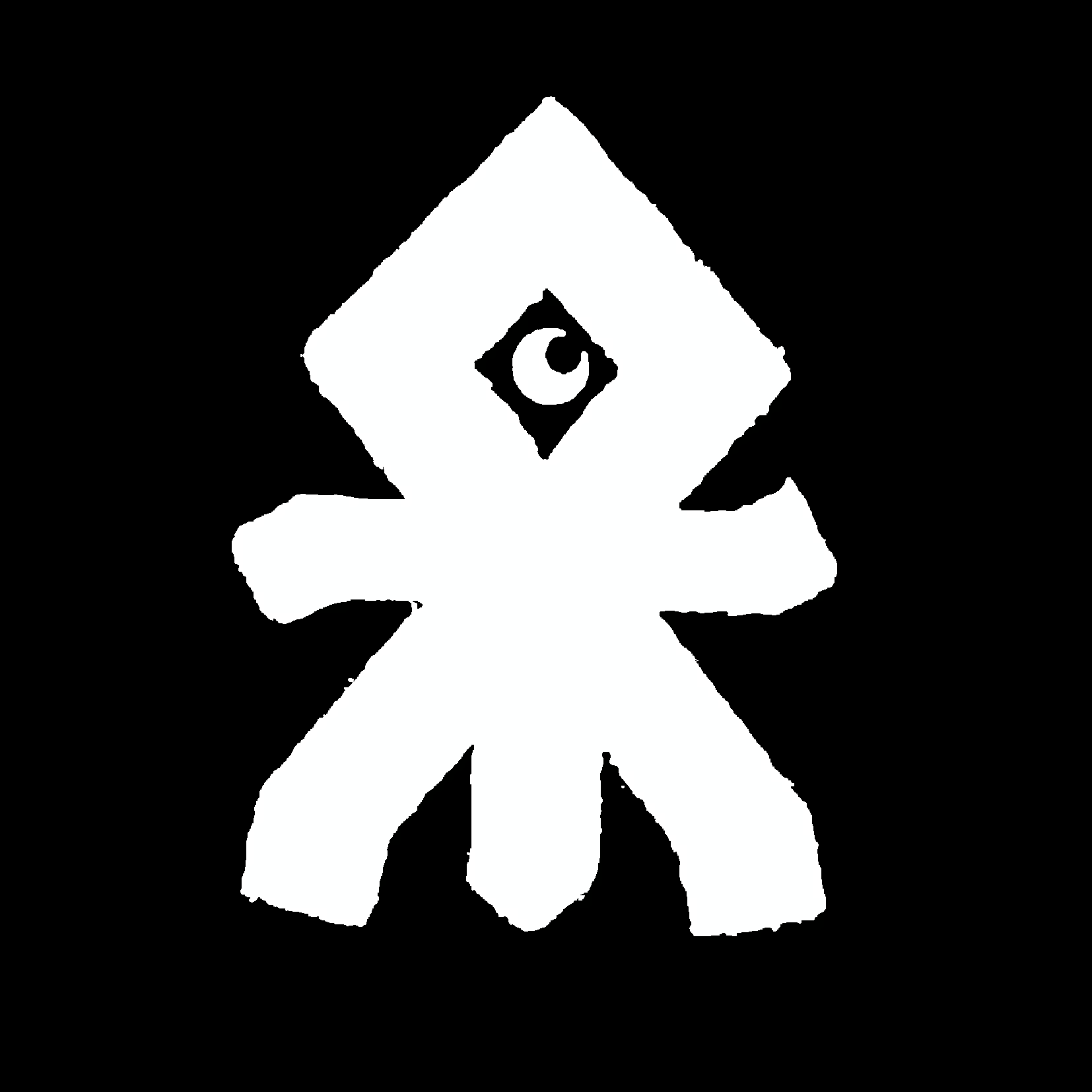
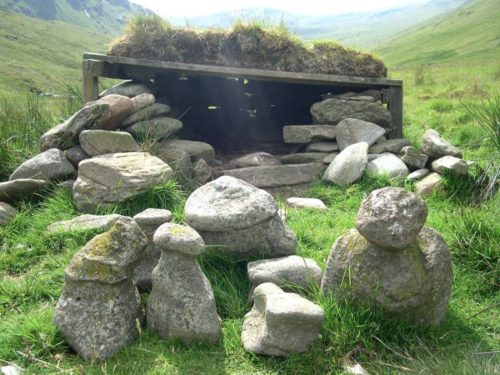
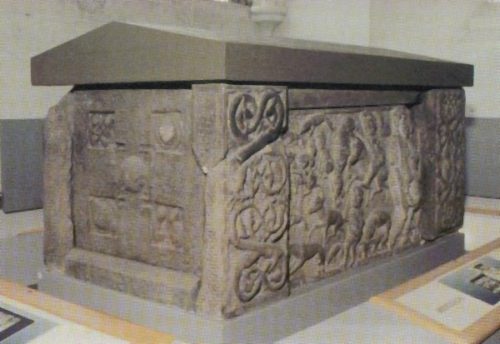
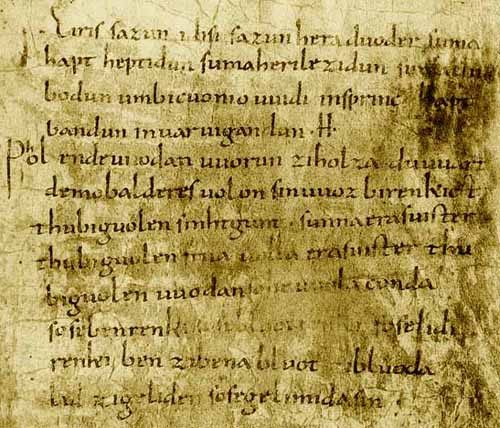
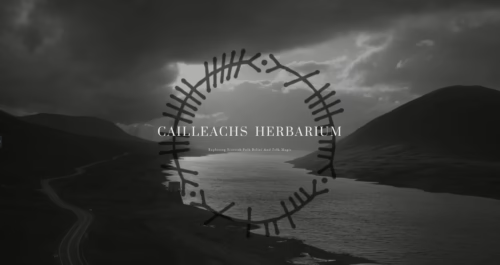
1 comment
I honored the river Tweed as an ancestor because my mother’s family is the Tweedie clan, which someone very nicely wrote a book about over 100 years ago , there was a lot of staying in the Edinborough jail LOL , not baptizing the right hand so you can kill people better , Raiders . But the way the clan starts is the male fairy of the headwaters , which matches so much Indo-European folklore , the rivers usually are female but the well is male, impregnated a Scottish woman whose husband was very old and at the Crusades and when he came back he just pretended everything was normal and the clan took its name from the ancestor , the river itself .
I had the only really good psychic reading I’ve ever had many years ago by Raven Kaldera before I knew any of this and he was talking about a woman ancestor on my mothers side Celtic who made a deal with the fairies but she didn’t do it correctly or finish it and that I would end up writing a book about animism and the importance of people and a “nature religion” being intimately involved with the land sea and sky all the time , and that would help the fairies but I also would have to do something for the ones in the exact region where it happened . I thought this was crazy and then did end up writing the blog adventures in animism which I took down when all of the health and emergency crises were so intense that it was making a lot of people cry . I started the animist blog carnival . And I wrote some articles about animism for witchvox about five or six years ago that had over 10,000 reads in less than one week.
And then when my genealogy stuff all of a sudden hit jackpot and I got 2500 names and spent a year doing a major ceremony honoring all of them , there was the whole story about the river Tweed. I’m not really sure what to do for the fairies there , even though I’m on disability I did donate some money to the river but it’s doing great from what I’ve seen and that makes me really happy. I think something like 40% of all of the salmon are in that river !
Sometimes I wonder if in the folklore during Christianity if a lot of things got twisted around and so people might be trying to do something like this female ancestor but wouldn’t have known or been able to do it properly . Especially when you don’t want people to think you aren’t Christian , but there is still some fundamental beliefs . So was the information passed down incorrectly ? Or did fear keep her from finishing? It’s just very strange that a reading from someone would tell me that my mother , her father’s family in some Gaelic land has had a curse on it ever since a human woman made a deal with fairies to get pregnant , and then I read the history of that clan and it’s all there but there is no curse mentioned , instead you kind of have to know the family . So I do hope to find out what she didn’t do correctly or what she bailed on and bring that relationship into harmony . Having MCS with chronic Lyme disease and babesiosis (malaria ) there is so little time to try to work on those things , there’s just so much that has to be done and it’s hard when you are just passed out with a fever most of the time .
I like that you aren’t categorizing everything in a really Cartesian way, I think it’s strange when people declare that they understand the strict lines and divisions between all of these different people , it doesn’t make much sense because everything changes over time and place so it’s very personal . I really doubt that people even in the same village had the same understanding of what something meant , there still is your natural tendencies toward certain energies , I can’t imagine there was ever a uniform organized belief system. Everybody lives it differently and it is really human centric to think that somehow we can know everything and put it all into little jars and label it . I like that you let things out of the jar. I’m surprised there aren’t more people who know about the blog. But then again I’ve noticed my favorite blogs don’t have a lot of followers because they aren’t telling people what to believe Hookline and sinker , I was just emailing with someone about how rare it is to have things be open-ended questions for discussion right now with pagans ( okay after 32 years in pagan land , it’s always been filled with arguments and dogma ) , maybe your blog doesn’t attract people who want a completely developed tradition that they can remove from the land and doing things and have to experience for themselves . Anyway I’ve been telling people about your blog .